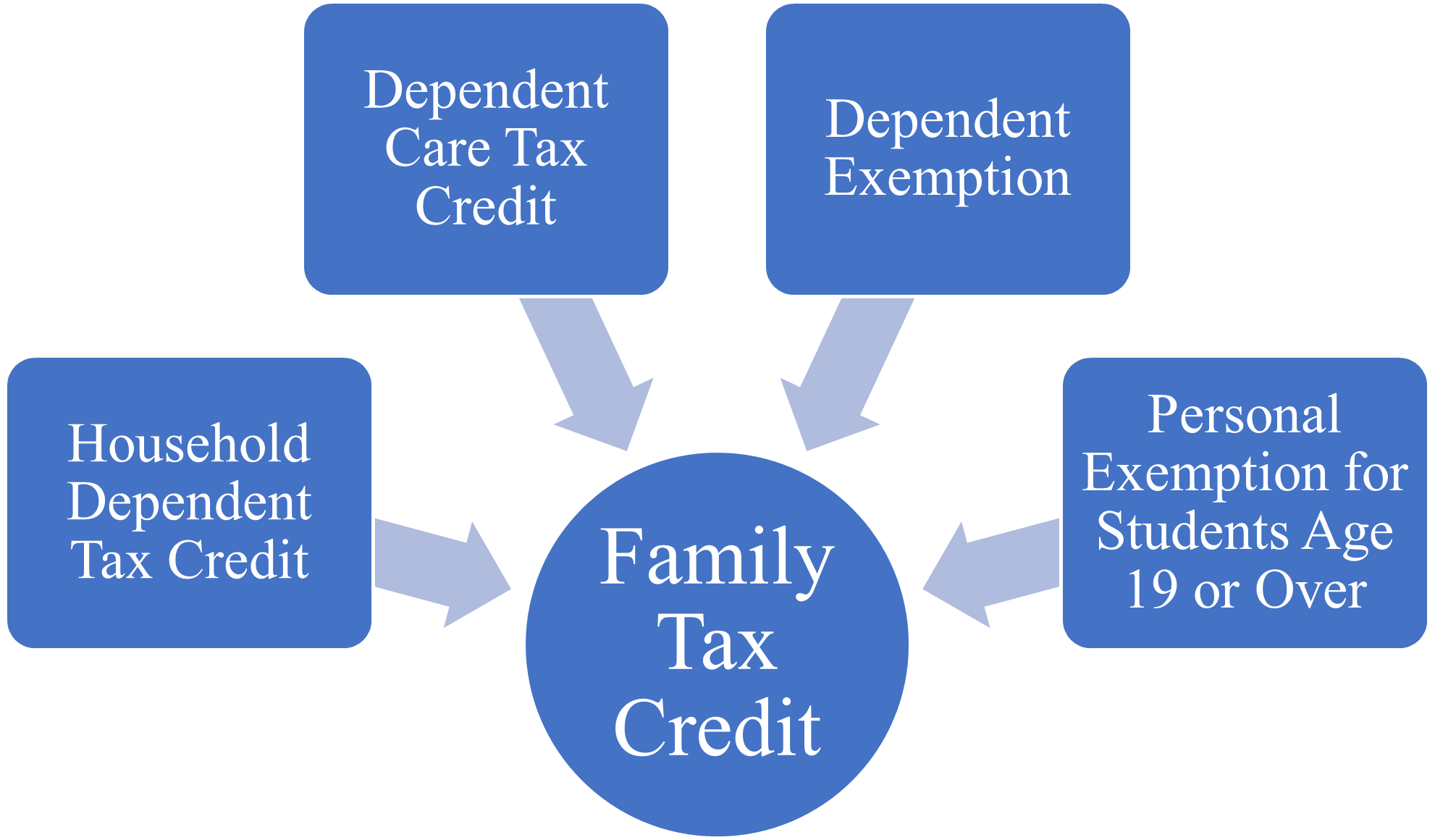Phineas Baxandall
INTERIM PRESIDENT
Phineas Baxandall is the Interim President at the Massachusetts Budget and Policy Center.
Dr. Phineas Baxandall has a long history as a researcher deeply involved in improving policy, especially at the state level and in Massachusetts. In his nearly eight years at MassBudget, Dr. Baxandall has served in numerous leadership capacities including Policy Director and Advocacy Director. In September 2023, he was named the organization’s Interim President.
His policy knowledge and advocacy acumen have been instrumental in the organization’s greatest achievements. During his tenure, Dr. Baxandall’s extensive policy expertise has ensured that MassBudget’s research and analysis, communications, advocacy, and partnership building are of the highest caliber.
Before joining MassBudget, Dr. Baxandall directed the Transportation and Tax & Budget programs for the U.S. Public Interest Research Group and its network of 30 state affiliate organizations. His track record also includes work at the Taubman Center for State and Local Government and the Rappaport Institute for Greater Boston at Harvard’s Kennedy School of Government. At Harvard he also taught for eight years for the Committee for Degrees in Social Studies, where he lectured on social policy and political economy. Dr. Baxandall earned a Ph.D. from MIT in Political Science and a B.A. from Wesleyan University.
He has authored over 100 publications, from action-oriented policy reports, to peer-reviewed journal articles and an academic book on the political economy of unemployment. He has taken part in several government working groups and is a regular commentator in Massachusetts news outlets.
Recent







